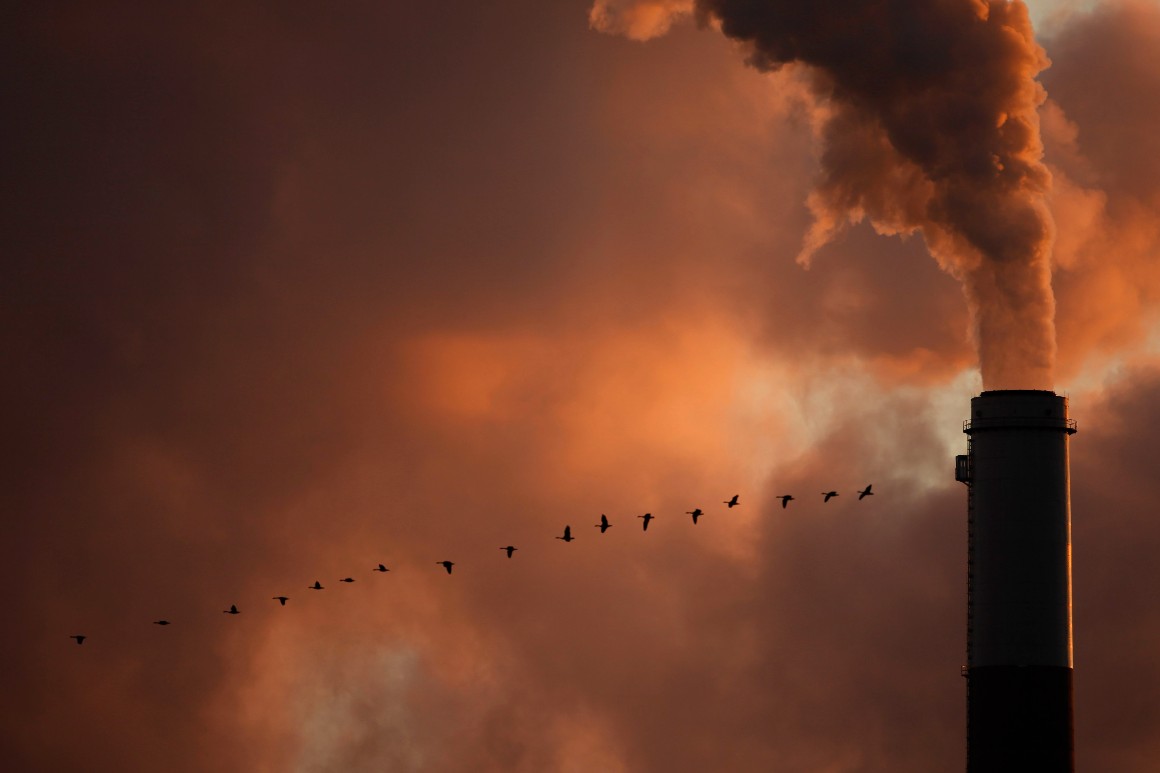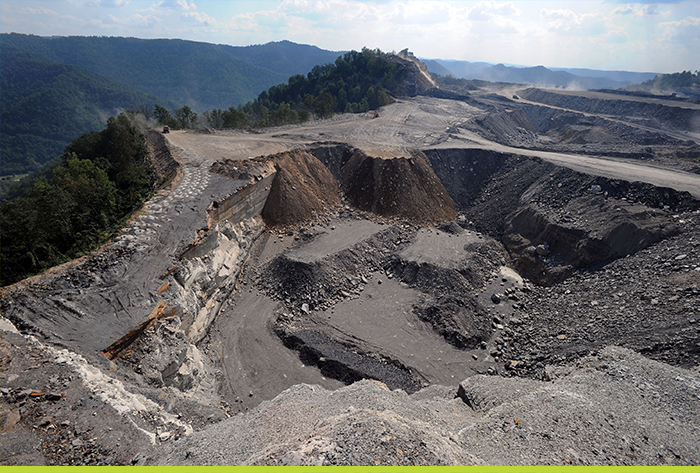
OTTAWA — Ideology continues to drive attitudes on climate change in Canada.
A global sustainability poll conducted by POLITICO and Morning Consult found that a majority of left-leaning Green, NDP and Liberal Party supporters consider climate change an issue of top concern — while one in five federal Conservative supporters and nearly half of People's Party supporters say they aren’t concerned at all.
The POLITICO Morning Consult Global Sustainability Poll surveyed 1,000 adults in 13 countries Dec. 16-22. The survey has a 3 percent margin of error. Participants were asked about the levels of concern they have regarding climate change and their attitudes on efforts to combat carbon emissions in their countries.
Here are four takeaways on what poll results portend for Canada:

Ideology to heat up climate debate, again
With the federal Conservatives in the throes of another federal leadership race, expect debate over climate policy to get heated.
Now-dethroned Conservative leader Erin O’Toole’s climate plan embraced a price on pollution. But his proposal to create a complex carbon pricing plan was considered by many right-leaning voters as a proxy carbon tax.
The policy was part of a strategic push toward the center to cleave votes from disenchanted Liberals. Others viewed it as a betrayal to core Conservative principles: O’Toole had previously pledged to scrap the carbon tax if elected prime minister.
After Prime Minister Justin Trudeau’s Liberals were reelected last year with a minority government, Conservatives looked inward for accountability. O’Toole’s carbon price was found to be a hard sell to the party faithful. Some small-C conservatives argue that continued fighting over the carbon tax will harm economic recovery, regardless of which party is in government.
While caucus rejected O’Toole’s center-leaning approach to climate policy, the poll suggests supporters unconcerned about climate change in the party might reach out to another demographic to build a stronger coalition: right-wing People’s Party supporters.
Federal Conservatives have already started eroding O’Toole climate plan. A week after dumping him as leader, they're asking Ottawa to exempt farmers from paying carbon taxes on natural gas and the propane used in farming operations.

Canadians believe government and private corporations share the power to combat climate change equally
While nearly the same percentage of respondents put the onus of combating climate change on the federal government and on private corporations, a similar proportion of people said they have no idea who should bear the brunt of mitigating carbon emissions.
Approximately 21 percent of respondents said the federal government has the most power to combat climate change; 5 percent pointed to another country’s government; 13 percent said international organizations such as the United Nations; 19 percent said private corporations; 4 percent said banks and financial institutions; 15 percent said individuals; and 20 percent said they don’t know. The remainder said “other.”
That large “don’t know” bloc speaks to a knowledge gap in where accountability lies to mitigate climate change.

Canadians are taking fewer flights to reduce climate change impacts
The so-called flight shame movement has picked up momentum in recent years with former Green Party leader Elizabeth May’s decision to campaign by train during the 2019 election.
Canada’s transport sector is the second-largest contributor to greenhouse gas emissions.
Environment Minister Steven Guilbeault recently fueled discussions about flight-shaming when he traveled legs of his cross-country “climate” tour by train — and he’s in good company.
More than a third of Canadian respondents (37 percent) said they take fewer flights to reduce climate change impacts, though a majority 63 percent said they don’t. Canadians are more conscious travelers than their neighbors to the south: Just 29 percent of Americans said they choose to take fewer flights citing concerns about climate change.
Nearly half of German respondents (48 percent) said they take fewer flights to reduce climate change impacts.

Canadians feel more strongly than Americans about banning coal production and energy
Canadians and Americans agree that their governments should immediately prioritize making infrastructure more environment-friendly. But when it comes to coal, respondents in the two countries diverge significantly.
While 28 percent of Americans polled said they want to ban coal production and the use of coal-powered energy, 50 percent of Canadians said they wanted to see the fossil fuel phased out.
Regulations have been in place for the past few years in Canada to phase out traditional coal-fired electricity by 2030. An overwhelming majority (83 percent) of the country’s electricity was generated from such non-emitting sources as hydropower, according to the federal energy regulator.
This reflects an advantage Canada has with its abundance of natural resources to aid energy transition efforts, giving it a jump in decarbonization over the U.S., where nearly 60 percent of the country’s electricity is generated with the use of fossil fuels.
Morning Consult is a global data intelligence company, delivering insights on what people think in real time by surveying tens of thousands across the globe every single day.
More details on the poll and its methodology can be found in this spreadsheet.
----------------------------------------
By: Zi-Ann Lum
Title: Poll: 1 in 5 Canadian Conservatives not concerned ‘at all’ about climate change
Sourced From: www.politico.com/news/2022/02/09/greens-most-concerned-about-climate-change-in-canada-poll-00005026
Published Date: Wed, 09 Feb 2022 04:31:00 EST
Did you miss our previous article...
https://consumernewsnetwork.com/politics-us/how-to-lose-a-supreme-court-nominee-in-24-days






